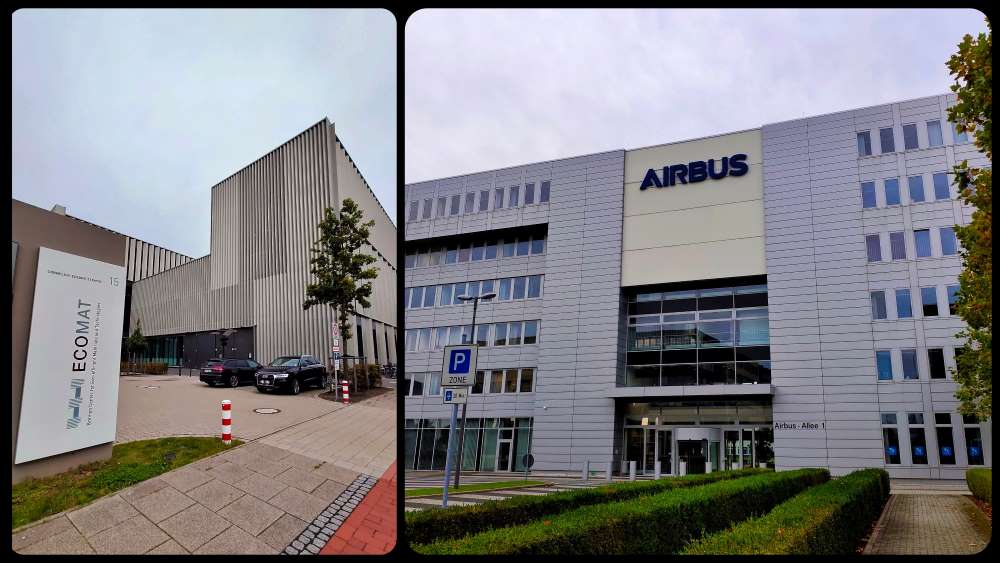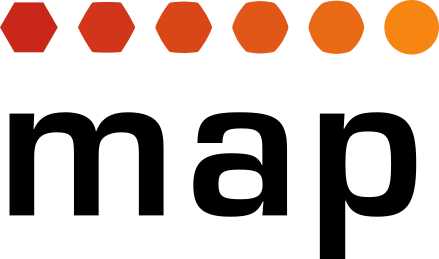Internship at Airbus Operations GmbH
When I first came to Germany in 2017 for an internship at the Bundesanstalt für Materialforschung und -prüfung (BAM) in Berlin, I was immediately fascinated with the world of research and materials science. That one experience propelled my interest so much that, while choosing a master’s programme, I was determined to pursue it somewhere prestigious in Germany itself. While shortlisting, the MAP programme at FAU Erlangen-Nürnberg caught my attention the most for being an interdisciplinary and international “elite” English-taught programme offering tremendous courses intertwined with all the industries practically possible. MAP was my first choice and surprisingly my first admission as well, so my decision became fairly simple. I am glad that I took the chance, and it turned out to be the most worthwhile decision of my life yet.
During the advanced curriculum, which included all aspects of materials science and chemical engineering, I was fortunate enough to complete a 24-week research internship at Airbus Operations GmbH (part of Airbus Commercial Aircraft) in Bremen from October 2021 to March 2022. The R&D facility of Airbus was housed in the famous ECOMAT (Bremen Center for Eco-efficient Materials & Technologies) building, established with the aim of manufacturing sustainable materials for a better future. I was an integral part of the international “Fire Safety Engineering & Fire Test” team, which is responsible for the fire safety of all Airbus commercial aircraft around the world.

The internship was focused on developing and testing a new fire test method known as “Vertical Flame Propagation (VFP)” while complying with the international aviation rules instrumented by the Federal Aviation Administration (FAA), USA. I was responsible for optimizing the test method VFP as per the international standards and was testing out various material composites that were extensively used and were located in inaccessible areas of Airbus commercial aircraft.
I consider my internship at Airbus to be an once-in-a-lifetime experience that incorporated the understanding of materials and their properties into real-life applications on an industrial scale. The MAP programme enabled me to explore all possible kinds of opportunities, which could range from academic research on nanomaterials to industrial research on macroscopic application-based usage of advanced materials.
By MAP alumnus Akshar Soni (matriculation group 2019)

